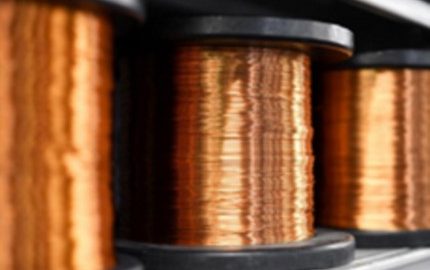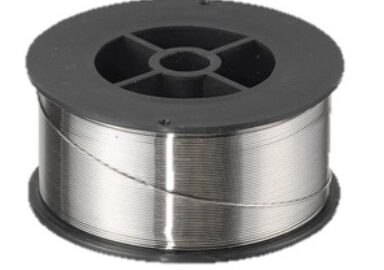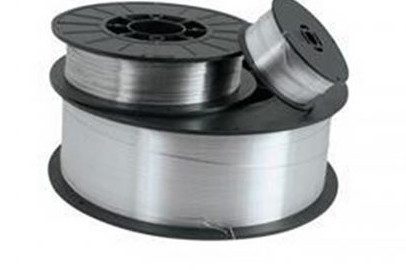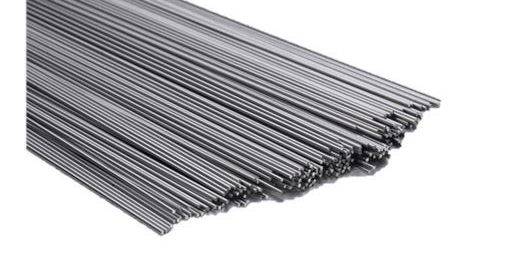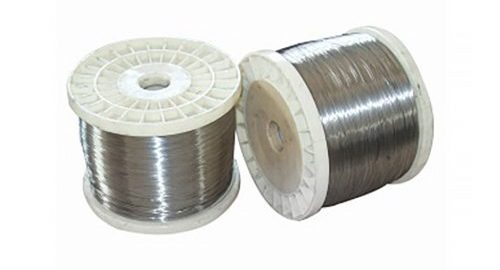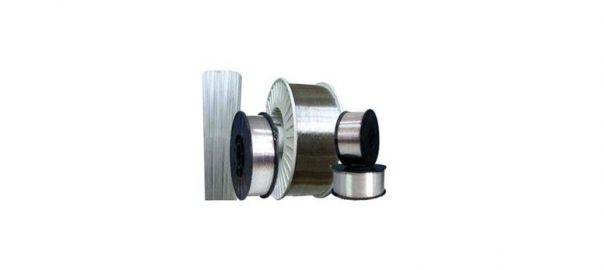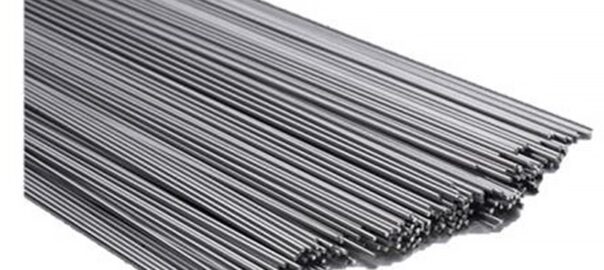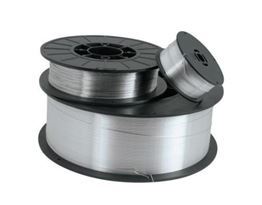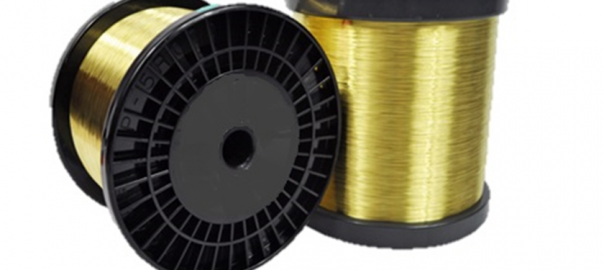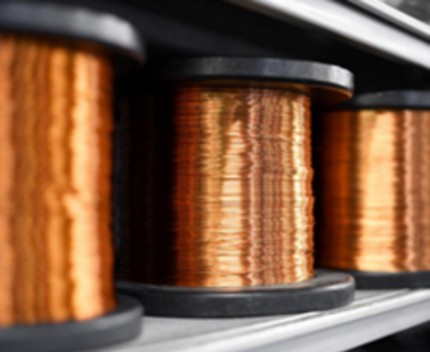
Copper 101 wire is a pure copper with little or no oxygen. It may be used in the production of semi-conductors, super-conductors and high-speed vacuums.
Copper wire can be found in a many types of products, components and connections around the workplace. It has been long used and relied on to provide exceptional results. However, as technology continues to improve, many competitors have entered the market such as fiber optic.
Copper wiring is used in residential and commercial buildings for electrical wiring due to their superior conductivity and durability. The use of copper wires helps ensure safe operation by reducing the risk of electric shocks or fires caused by faulty wiring. Copper is also preferred as it does not rust as easily as other metals, making it more reliable over time.

Conductivity
Many industries use copper wire because of it’s high conductivity, one of the most conductive materials of electricity available. It stands only second to silver in the line up of metals. There is no surprise that it is regularly used in and alongside machinery that requires reliable electrical connections. Copper can be used with less insulation and armoring, allowing you to be flexible with your set-up.
Heat Resistance
Copper is also very heat resistant which is a great benefit of copper wire. It is a good conductor of heat and can be used in appliances where it needs reliable corrosion protection. It also has a high melting point, offering longevity and maintained quality over the years.
Corrosion Resistance
Copper has a low reactivity rating. In turn, this means it has a high corrosion resistance which reduces the risk of deterioration and failure. For connection purposes, this ensures a strong link and reliability over the years. And, for budget conscious environments, it minimises the need for costly and repeat replacements.
Malleability & Ductility
Malleability is copper wire’s ability to be shaped into the desired shape without breaking. Copper has a high malleability rating. This allows it to be hammered or rolled into sheets or bent into any direction without the risk of snapping. In electrical settings, the thick wires can be twisted around corners or moulded to fit the available space exactly.
Ductility is a copper wire’s ability to withstand high tensile stress. This is any force that pulls two ends of the material away from each other. This is how copper wires are made – the material is stretched into a thin wire. And, for professional use, these wires need to maintain their strength without becoming brittle.
Contact us for more information about ordering quality copper wire.




